Evil – along with its incarnation in human form, the psychopath – remains underexamined in the psychological and psychoanalytic literature. Given current societal issues ranging from increasingly violent cultural divides to climate change, it is imperative that the topics of psychopathy and human evil be thoughtfully explored.
The book brings together social scientists, psychologists, and psychoanalysts to discuss the psychology of psychopaths, and the personal, societal and cultural destruction they leave as their legacy. Chapters address such questions as: Who are psychopaths? How do they think and operate? What causes someone to commit psychopathic acts? And are psychopaths born or created? Psychopaths leave us shocked and bewildered by behavior that violates the notions of common human trust and bonding, but not all psychopaths commit crimes. Because of their unique proclivities to deceive, seduce, and dissemble, they can hide in plain sight; especially when intelligent and highly educated. This latter group comprise the “successful or corporate” psychopaths, frequently found in boardrooms of corporations and among leaders of national movements or heads of state.
Addressing a wide range of topics including slavery, genocide, the Holocaust, the individual as psychopath, the mind of the terrorist, sexual abuse, the role of attachment and the neurobiology of psychopathy, this book will appeal to researchers of human evil and psychopathy from a range of different disciplines and represents essential reading for psychotherapists and clinical psychologists.


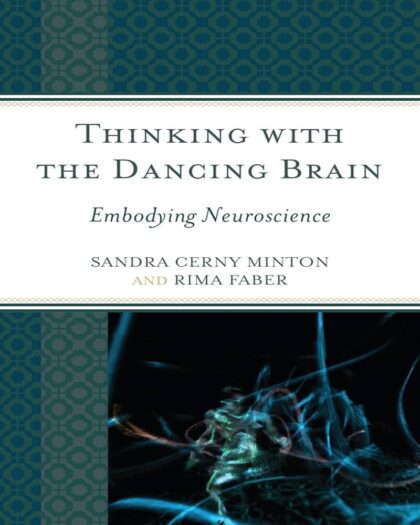

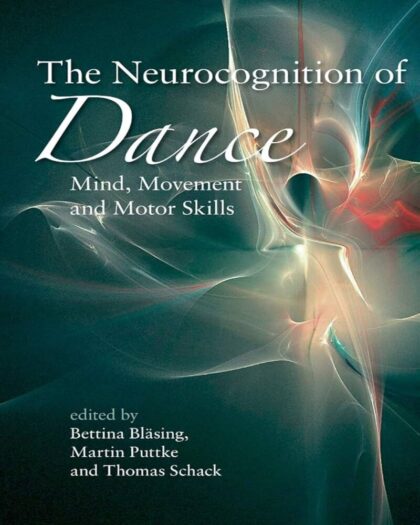
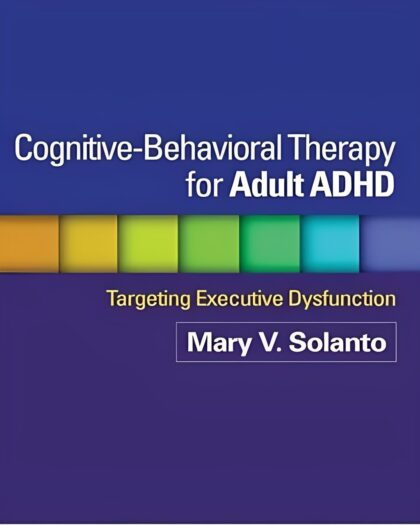
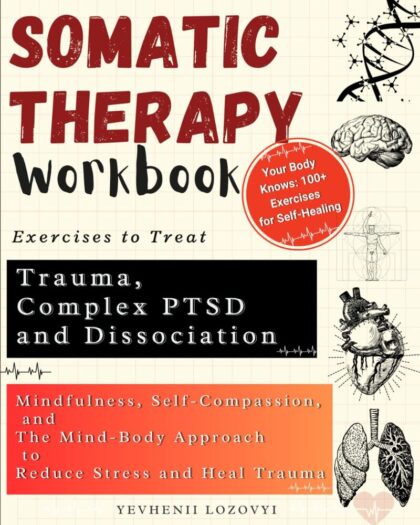

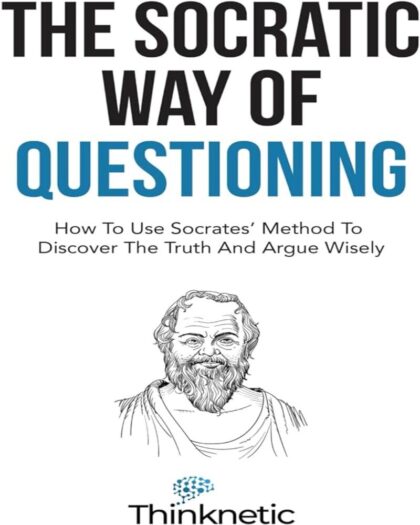

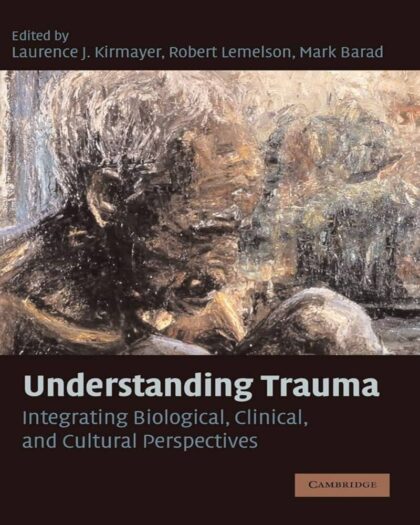

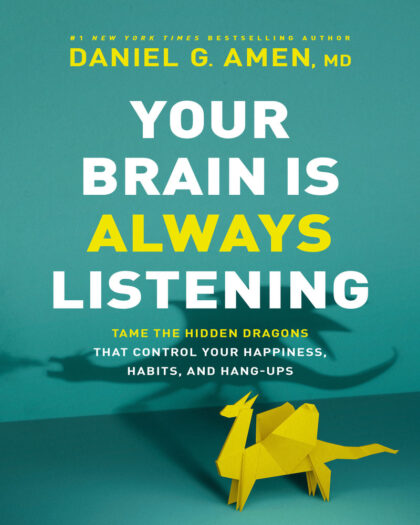



Reviews
There are no reviews yet.